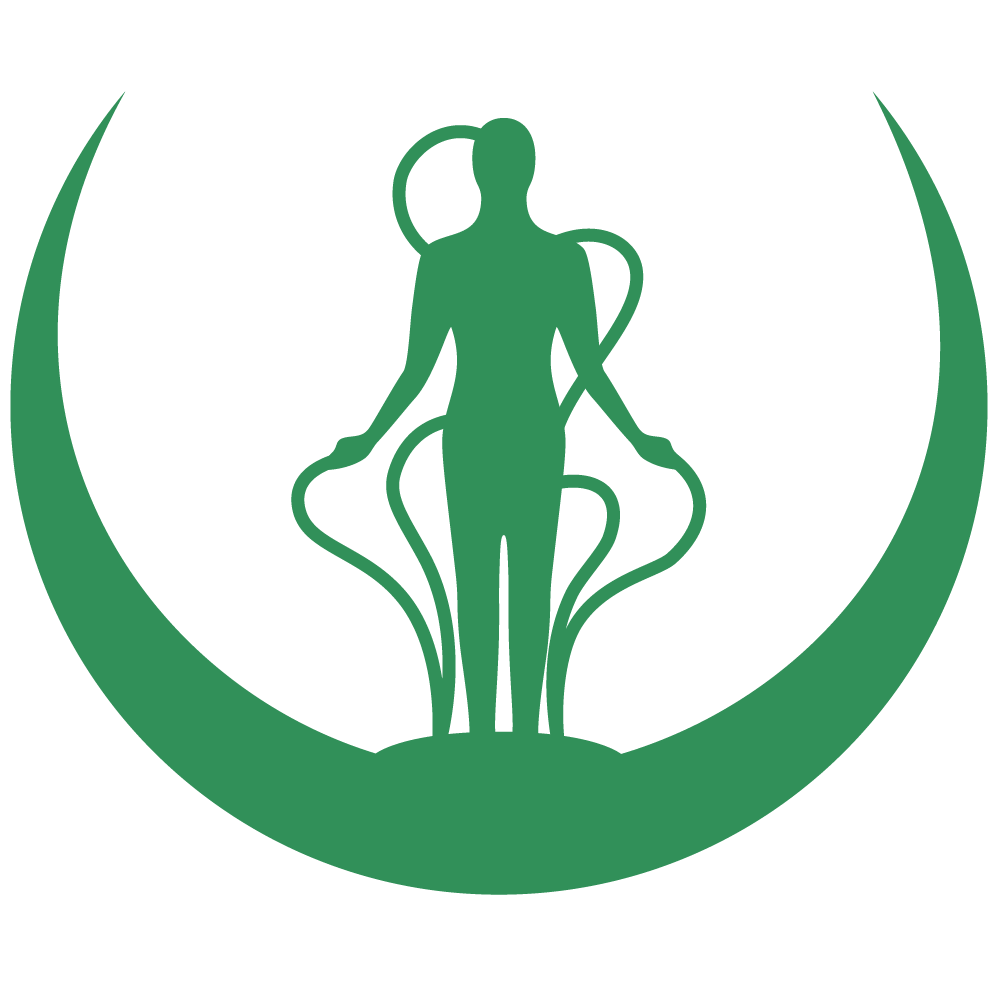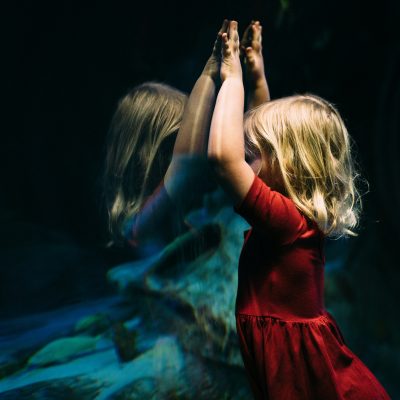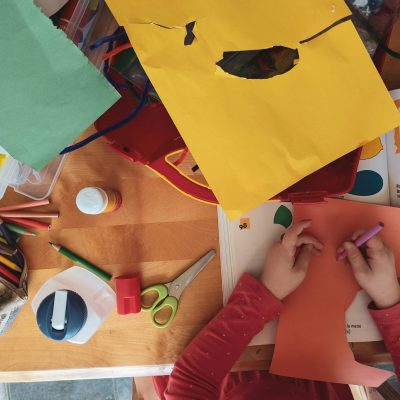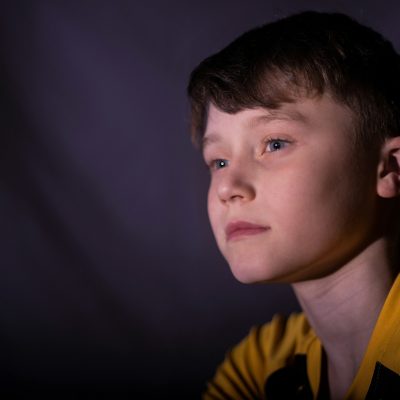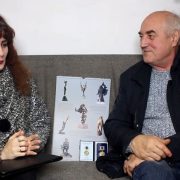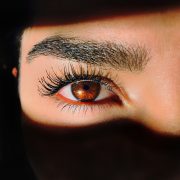Training “Physiognomy for children”
Children are much more sensitive than adults. They have a naturally pure perception of the world – not yet broken by stereotypes, opinions adopted from friends, etc.
PRACTICAL business training for children in the direction of “PHYSIOGNOMICS FOR CHILDREN”.
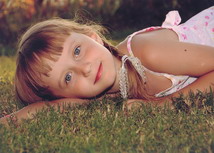
It is at the age of 7 – 10 years that children “absorb” information and actively develop in the area of positioning themselves among different social groups of which they are members (school, home, friends, outside adults, sports clubs, etc.).
Practical psychologist, physiognomy professional at the Center for the Study of Personality (CSP).
Target audience:
The training program is designed for the age group of 7 to 10 years old.
Form of training:
Individual sessions with your child in the form of practical illustrated work of the psychologist and the child in the system online (city does not matter) or in person (Kiev).
Materials for training – provided by the psychologist.
After each class – the child is given homework to study and creative work to develop their Personality.
Requirements for the child:
Computer skills, user ICQ, E-mail.
Requirements from parents to start the training:
1. the date, month and year of the child’s birth,
2. gender,
3. 4 electronic photos of your child: 2 faces and 2 full-length (so that you can see the physique) – for his/her physiognomic diagnosis.
Language of instruction:
Russian, Ukrainian (customer’s choice).
Term of study:
8 mandatory training lectures of 2 hours each. If the child wishes and is interested, it is possible to continue training with him/her in this direction.
Schedule for working with the child – determined by the client’s wishes.
Cost of training:
Contact a representative of the company in your city or our partner – Modern Business Architecture TM).
Certificate:
After the training, the child passes the exam and receives a CERTIFICATE of the company “Modern Business Architecture TM”.
Training Program:
1. Physiognomy, Self and other people.
2. Self and parents.
3. Physiognomic typology of people, their behavior and character.
4. Causes of conflicts and their independent solution (including assessment of the situation – methods of personal growth). Control. Self-control.
5. Positioning oneself with the help of physiognomy.
6. Respect and physiognomy.
7. Physiognomic diagnosis. Self safety issues and analyzing potential danger.
8. Examination practice.
Outcome at the end of the work with the child:
The child will learn to:
– practically understand people,
– analyze appearance and the relationship to behavior,
– recognize people who are potentially dangerous to the child,
– the principle of communication with relatives and strangers,
– to behave according to the circumstances,
– build relationships, choose people for socialization and friendship,
– work with conflicts – depending on their desires.
